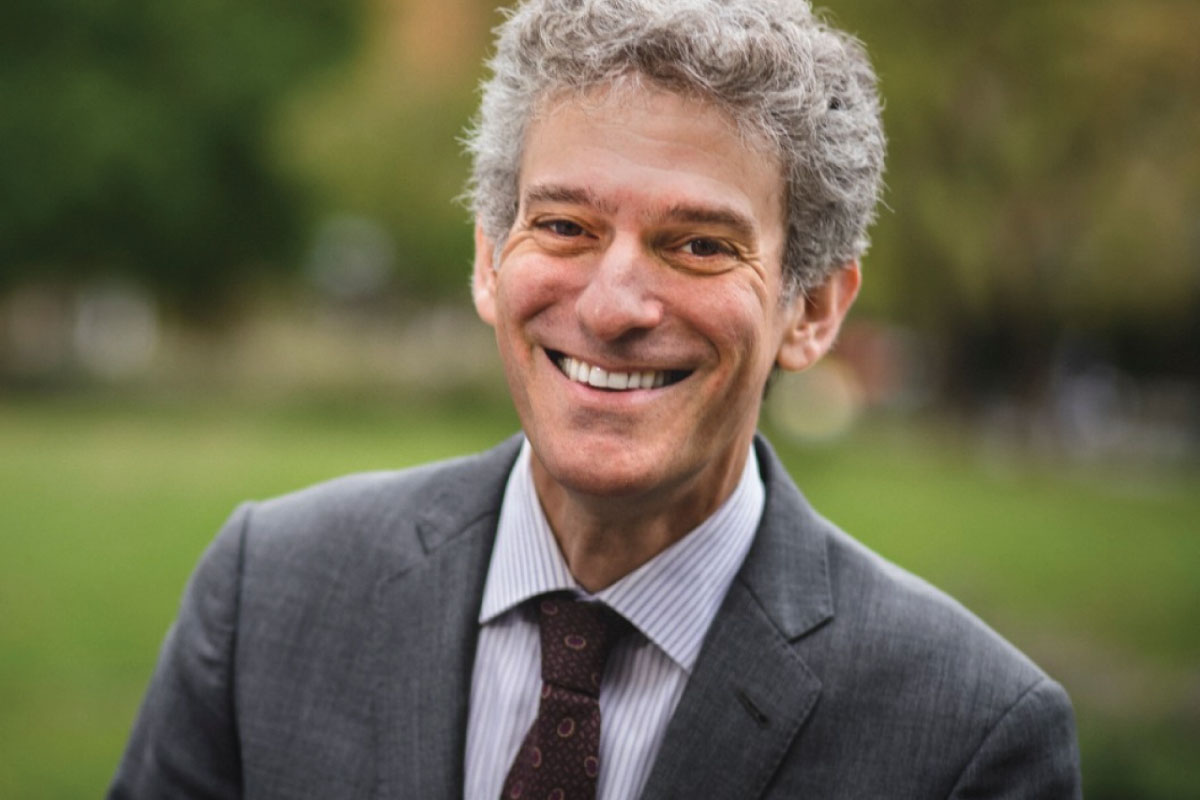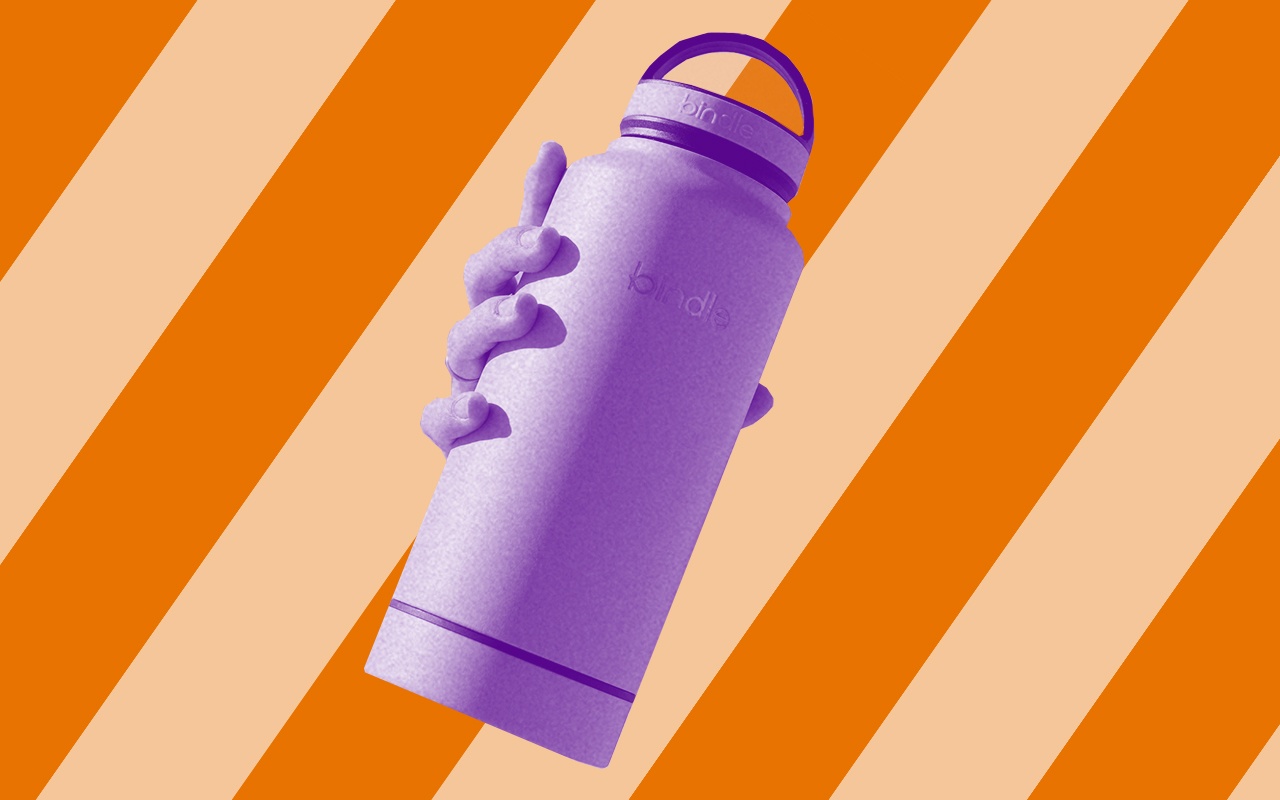Published October 15, 2020
Sustainability Clubs Support Eco Priorities
Sustainability is integrated into countless aspects of life on NYU’s campus. As a result, NYU received a STARS Gold rating for sustainability achievements earlier this year. Over two million square feet of campus space is LEED certified or undergoing certification as resource-efficient and healthy space. And more than 600 courses centering on sustainability topics are available at NYU. Students drive a significant portion of sustainability efforts. And for students looking to get involved with the preservation of our planet, NYU’s sustainability clubs are a welcoming, impactful place to start.
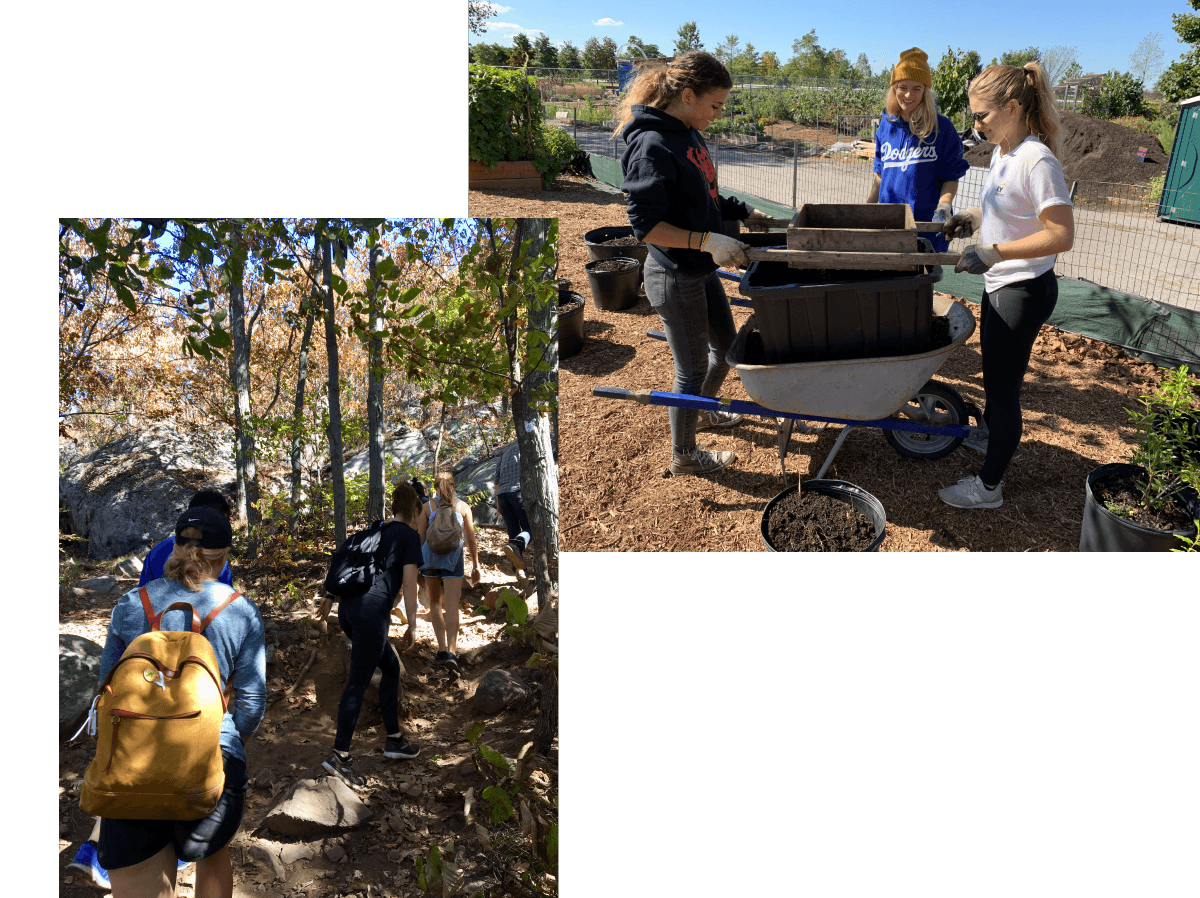
EarthMatters
Future environmental leaders looking to affect change on campus and beyond should check out EarthMatters. As NYU’s oldest environmental and sustainability club, it has all of the resources and outreach events you’ll need. Founded in 1982, events range from guest speakers, summits, and street fairs to cleanups and habitat restorations. “We provide students with a space to discuss a variety of intersectional environmental topics, whether you are just introducing yourself to this field or have been studying environmental studies for years,” club co-president and CAS senior Miriam Alyan says.
In-person events have been postponed for the foreseeable future. But the club has crafted a wide range of informative, interactive virtual events to keep members involved. “This semester, we are going to invite guest speakers and panelists to discuss their area of expertise,” co-president and CAS senior Frances Caflisch explains. “The themes our events will cover are sustainable fashion, managing climate anxiety, climate conflict, environmentalism as a form of peacebuilding, and sustainability in a global pandemic. We also have a cool virtual service event in the works near the end of the semester!”
Two Birds One Stone
Two Birds, One Stone taps into an innovative way to alleviate both food waste and food insecurity. How? By donating leftover food from NYU dining halls to a local homeless shelter and soup kitchen. Under normal circumstances this sustainability club, one of the largest at NYU, organizes student volunteers five days a week. Together, they deliver healthy, nutritious food that would otherwise be thrown away.
“In a pre-pandemic world, we facilitate the delivery of over 10,000 pounds of food per year to people in need in the greater New York community!” club president and CAS senior Eva Xue says. Unfortunately, donations of leftovers can’t be accepted during the pandemic. Instead, the club has turned to The Farmlink Project, which connects farmers with surpluses to local food banks, to continue their impact.
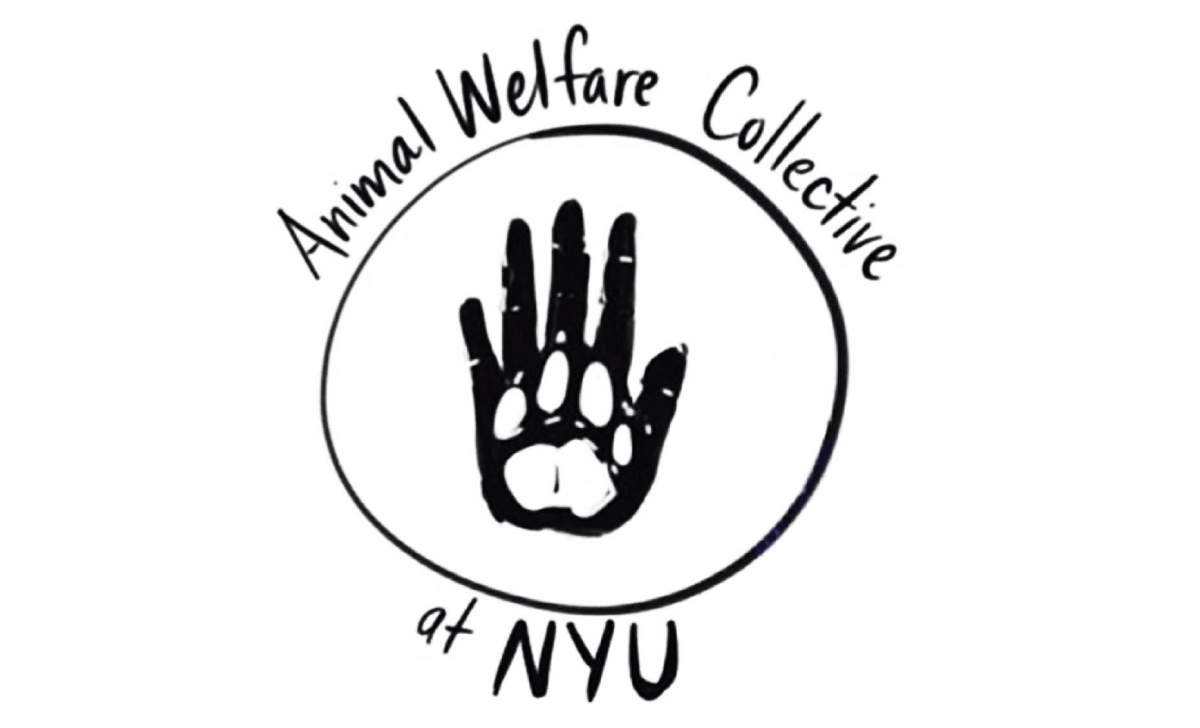
Animal Welfare Collective
No conversation about environmentalism is complete without exploring animal rights. The Animal Welfare Collective works to reframe that conversation through a harm reduction lens to make it more inclusive for the general public. “NYU is not composed only of vegans. Neither is our city, our country and our world,” club president and Gallatin sophomore Alice Rosenthal explains. “Rather than morally shaming those who do not or cannot ‘convert’ to veganism, we hope to show the greater NYU community that there is no ‘right’ or ‘wrong’ way of approaching animal rights activism. Everyone can take steps, no matter how small, to help!”
The club has big plans this semester. These include career panels, lessons on public speaking, cooking demos and skincare routines, and a revamped social media presence. Alice is particularly looking forward to a panel on the intersection of spirituality and animal welfare. “Animal welfare is conceptualized and ingrained across various cultures, religions, and philosophies,” she says. “By bringing together a panel of spiritual leaders at NYU, we can connect with and learn from other allies in a collective pursuit towards justice for all, regardless of species.”
Sprout Up
Young children are as much a part of this world as older teens and adults are. Sprout Up’s mission is to help them understand vital concepts about our planet. These include environmental science, sustainability, and the unique ecosystems that surround them. Through twice-weekly lessons targeted at students in kindergarten through fourth grade, this sustainability club cultivates the next generation of caretakers of the earth and promotes sustainability starting with the youngest members of society. “Our primary goal is to make everyone feel included in the evolving environmental conversation,” says Ruochen Shen. She is the program manager and also a junior at Tisch School of the Arts.
This year, Sprout Up at NYU has worked with chapters at other schools to transition to a digital space. “Chapters across NYC and California have responded quickly. We have transformed all our in-person classes into a series of online courses in English and Spanish,” Ruochen says. “We are constantly brainstorming and creating new videos for little ones, and hope to reach an even larger audience.”
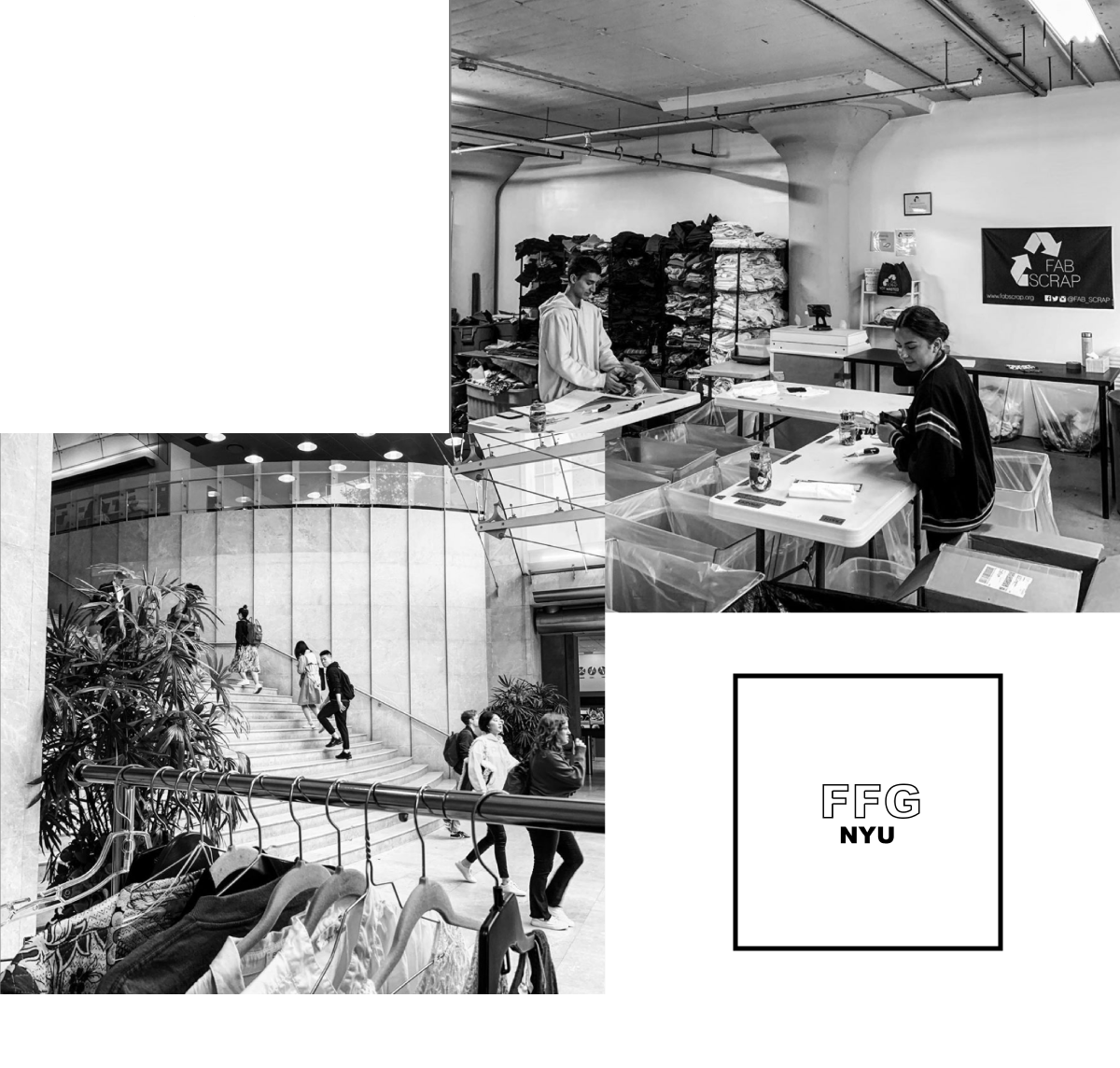
Future Fashion Group
Like the food we eat and the spaces we inhabit, the clothes we wear also have an environmental impact. The Future Fashion Group connects students interested in sustainable fashion with relevant panels, screenings, and service trips. Additionally, they educate them about the harmful effects of a fast-fashion dominated industry. “We believe that this generation has the courage and power to change the industry that is contributing to climate change and social injustices. We want students to be a part of the fashion revolution that is currently occurring,” says Brianna Vera. She is the group’s co-president and also a junior at the College of Arts and Science.
The Future Fashion Group adapted to social distancing by creating a new talk series, The Future of _________. “All industries have to adapt to our current reality. Not only COVID, but also the consequences of climate change,” Brianna explains. “Leaders in fashion are looking to change how the industry functions. And The Future of _________. series brings the leaders enacting change to speak to NYU students digitally.”

